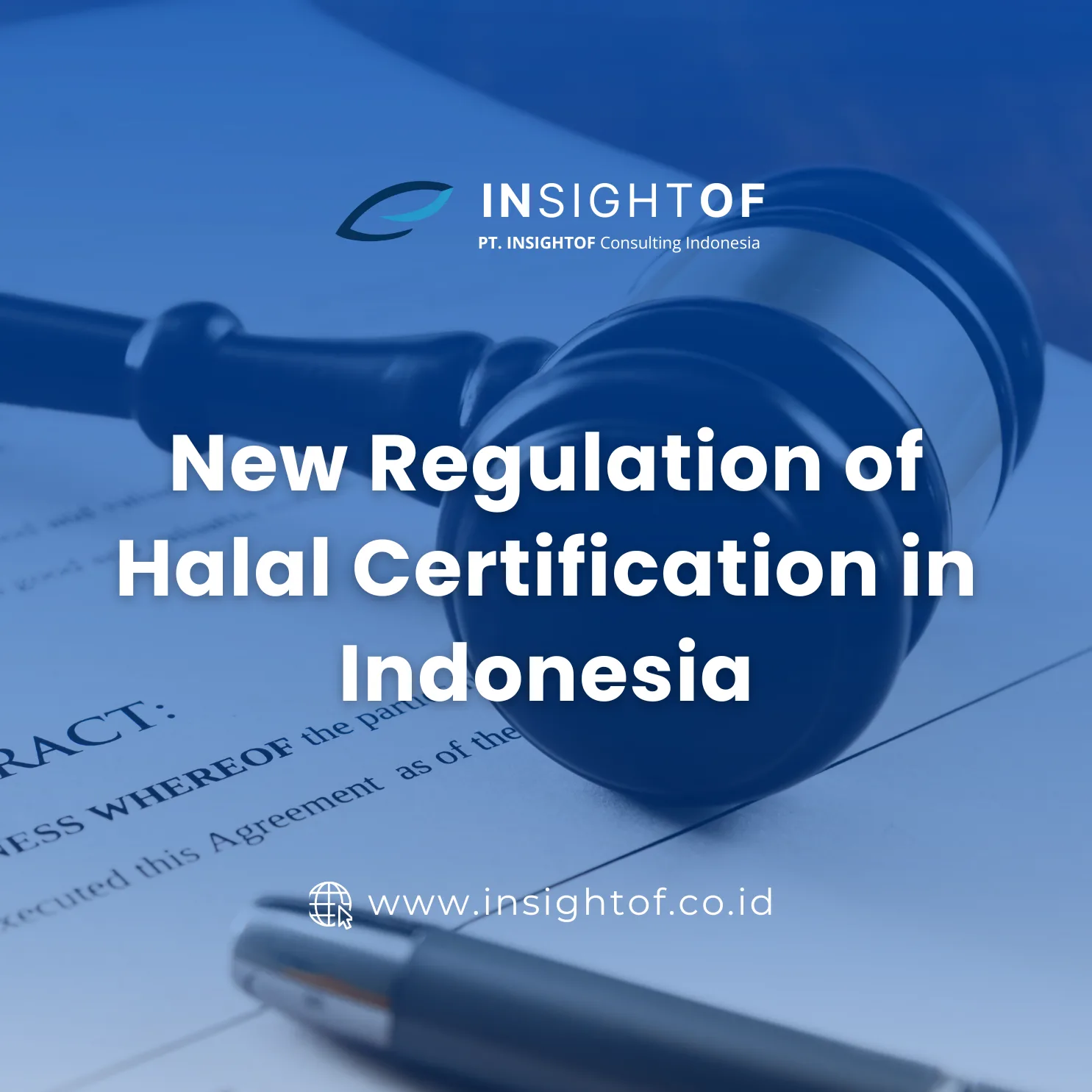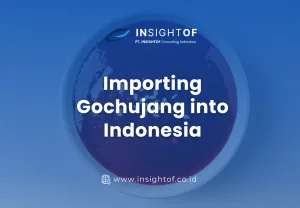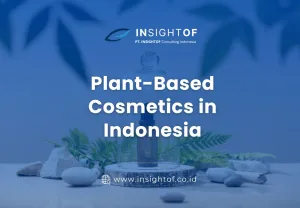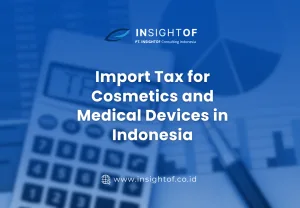Indonesia has introduced new rules to make halal certification easier for businesses through Government Regulation No. 42/2024 (GR 42/2024). This new regulation replaces the older rules from 2021 (GR 39/2021) with a more business-friendly approach. The changes aim to help businesses, especially smaller ones, obtain halal certification more easily while maintaining high standards for halal products.
The government has made several significant improvements to the system. First, they extended the deadline for small and medium businesses (MSMEs) to get certified until October 17, 2026. This gives these businesses more time to prepare and adjust their operations. Second, they’ve created a more flexible framework that better fits different business needs. These changes affect businesses across Indonesia and help ensure more products can meet halal standards
Permanent Validity for Halal Certification
GR 42/2024 introduces a key change in Indonesia’s halal certification rules: halal certificates issued by BPJPH now have permanent validity. Previously, businesses had to renew their certificates every four years, which added to their operational costs and administrative workload.
Under the new rule, once a halal certificate is issued, it remains valid indefinitely as long as there are no changes to the product’s ingredients or halal production process (PPH). This update means that businesses no longer need to go through periodic re-certification, significantly reducing ongoing costs and simplifying compliance, particularly for products with stable ingredients and production methods.
However, if a business does change the product’s composition or production process, it must apply for an updated certificate with BPJPH, including supporting documentation for the changes. This flexible approach supports businesses with stable products while allowing for adjustments as they develop new offerings.
Implications of GR 42/2024 for Foreign Products
GR 42/2024 introduces comprehensive provisions for foreign products, reflecting Indonesia’s extensive connections to global trade. This regulation establishes clear pathways for foreign businesses to obtain halal certification through local representatives or importers based in Indonesia.
These provisions offer several compliance options, depending on mutual recognition agreements (MRAs) between BPJPH and foreign halal certifying bodies:
- No Recognized Halal Institution in the Exporting Country
If the country of origin does not have an approved halal certifying body, the Indonesian importer must apply for halal certification directly through BPJPH. - Mutual Recognition Agreement (MRA) Exists but Doesn’t Cover All Products
When an MRA is in place but does not extend to certain products, the foreign business must pursue halal certification in Indonesia via a local representative or importer. - No Mutual Recognition Agreement (MRA) Exists
If no MRA is established between BPJPH and the foreign halal institution, the business can still apply voluntarily to obtain halal certification, providing access to the Indonesian market. - Product Already Certified as Halal by a Recognized Foreign Institution
If a product has been certified as halal in its country of origin by a certifying body recognized by BPJPH, additional certification in Indonesia is unnecessary. However, the foreign halal certificate must be registered with BPJPH for the product to be distributed within Indonesia.
The regulation also shortens the renewal deadline for foreign halal registration certificates from 90 to 60 days before expiration, simplifying compliance for international companies.
Enhanced Compliance Standards Protect Halal Integrity
GR 42/2024 introduces strengthened requirements for halal-certified businesses to uphold ongoing compliance and product integrity. These key obligations include:
- Clear Labeling: All halal products must display prominent halal labels to ensure consumer awareness.
- Contamination Prevention: Businesses are required to protect halal integrity throughout processing, packaging, and storage to prevent cross-contamination.
- Facility Separation: Halal products must be processed, stored, and handled in facilities separate from those used for non-halal products.
- Change Reporting: Companies must inform BPJPH of any changes to product ingredients or production processes.
- Regular Evaluation: Businesses must complete a Halal Product Assurance System (SJPH) evaluation every four years to maintain their Product Halal Consistency Certificate.
For micro and small enterprises, the regulation introduces risk-based assessments, making compliance more manageable while maintaining high standards. Non-compliance can result in various penalties, ranging from warnings to certificate revocation and product removal from markets.
Sources:
Salinan_PP_Nomor_42_Tahun_2024_tentang_Bidang_Penyelenggaraan_Jaminan_Produk_Halal_ce371e0e1e.pdf








